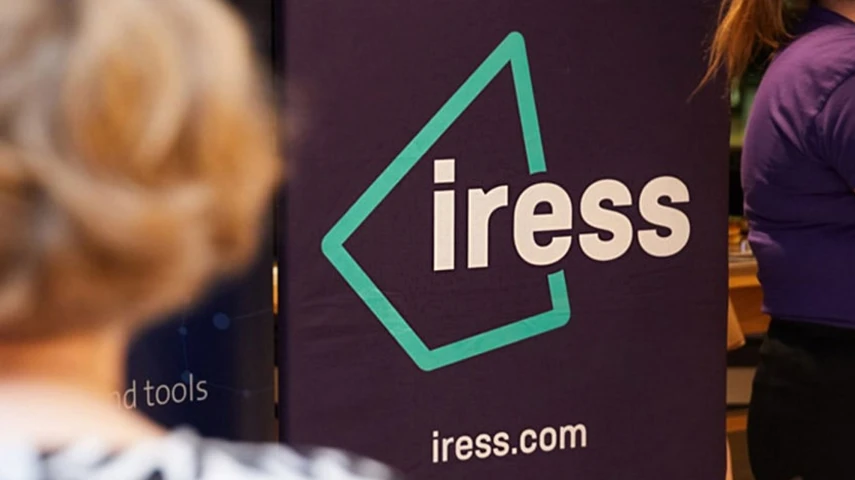Iress’ Price admits clients re-evaluated Xplan usage



Iress chief executive Marcus Price has detailed plans for the future of Xplan and its pricing model, as advisers complain the technology is “slow and clunky”.
On Monday, Money Management wrote about how advisers dislike Xplan and its offering, describing it as “clunky” and in need of improvement.
Jaimie Ramsey, founder and principal consultant at Advice Business Consulting, said: “The challenge with Xplan is that it’s been around for a very long time, and you’ve really got to know how to use it and how to make it work for your business.
“[Xplan] doesn’t necessarily interact with other software as well as we would like. I think people see Xplan, to some degree, as a necessary evil, and the prices are certainly going up.”
In Iress’ financial results for the full-year 2023, Price said the platform has 38,000 users and a 60 per cent market share. However, he acknowledged clients' re-evaluation of their product usage after it instigated a steep price increase for users.
Price stated: “It was a feature of H1, we had a steep price increase and there was a whiplash reaction to that in the marketplace and people tried to rationalise their use of the product.”
“I don’t think that was just Xplan. Everyone was receiving higher bills from their suppliers which were larger than they were used to. We did see a period of people going through a re-evaluation of their platforms,” he noted.
“We are having value-based conversations with clients about the modules they have installed and how they use them. We think it was a phase as a result of the price increase; it is not a continuing trend.”
He also touched on a move to usage-based pricing on the platform, which had been flagged last year, but said this is dependent on technology.
“This year is about module optimisation – who’s using what and why – and we are introducing Salesforce. We do need to get closer to our customers and understand their usage and needs better, and that’s been the focus this year.
“The move to usage-based pricing requires some technical changes so we are looking at those, but you will see the Iress Portfolio System (IPS) module of Xplan as something we want to work on and produce in a digital, cloud form, and when we do that, we will replace the pricing.
“We will work through each module to determine the appropriate pricing. It’s more about the technology shift to handle the pricing; it’s a longer-term objective for us.”
In the firm’s financial results, it reported a statutory NPAT loss of $137 million for 2023 compared to a profit of $52 million in 2022.
This related to non-cash amortisation, depreciation and impairment expenses of $180 million. This was notably impacted by an impairment of $130 million on the UK goodwill carrying value, which was written down in the first half of the year.
Operating revenue was $625 million, up from $615 million, which the firm attributed to superannuation and its business in the UK.
Recommended for you
ASIC has released the results of the latest financial adviser exam, held in November 2025.
Winners have been announced for this year's ifa Excellence Awards, hosted by Money Management's sister brand ifa.
Adviser exits have reported their biggest loss since June this week, according to Padua Wealth Data, kicking off what is set to be a difficult December for the industry.
Financial advisers often find themselves taking on the dual role of adviser and business owner but a managing director has suggested this leads only to subpar outcomes.












